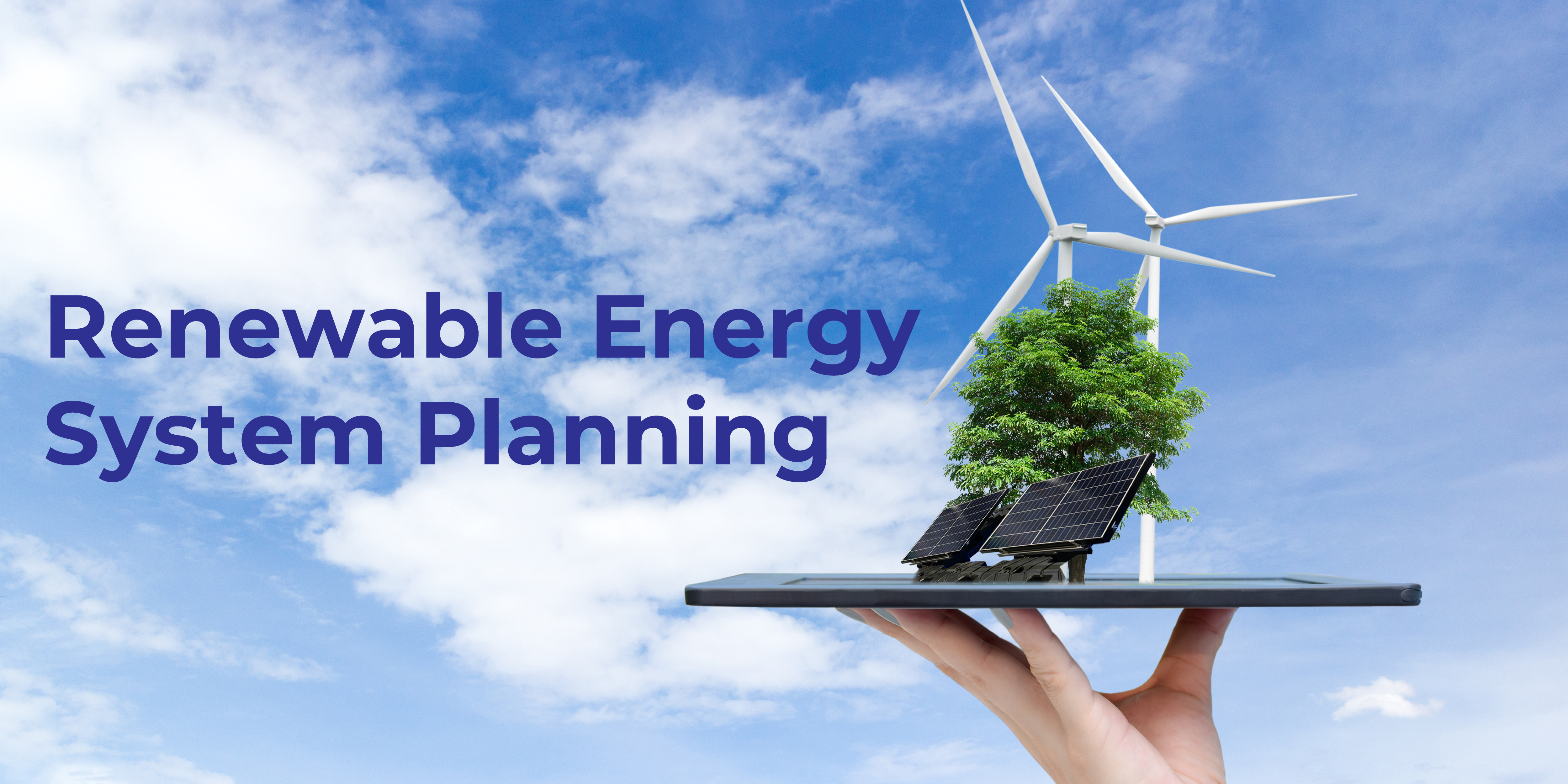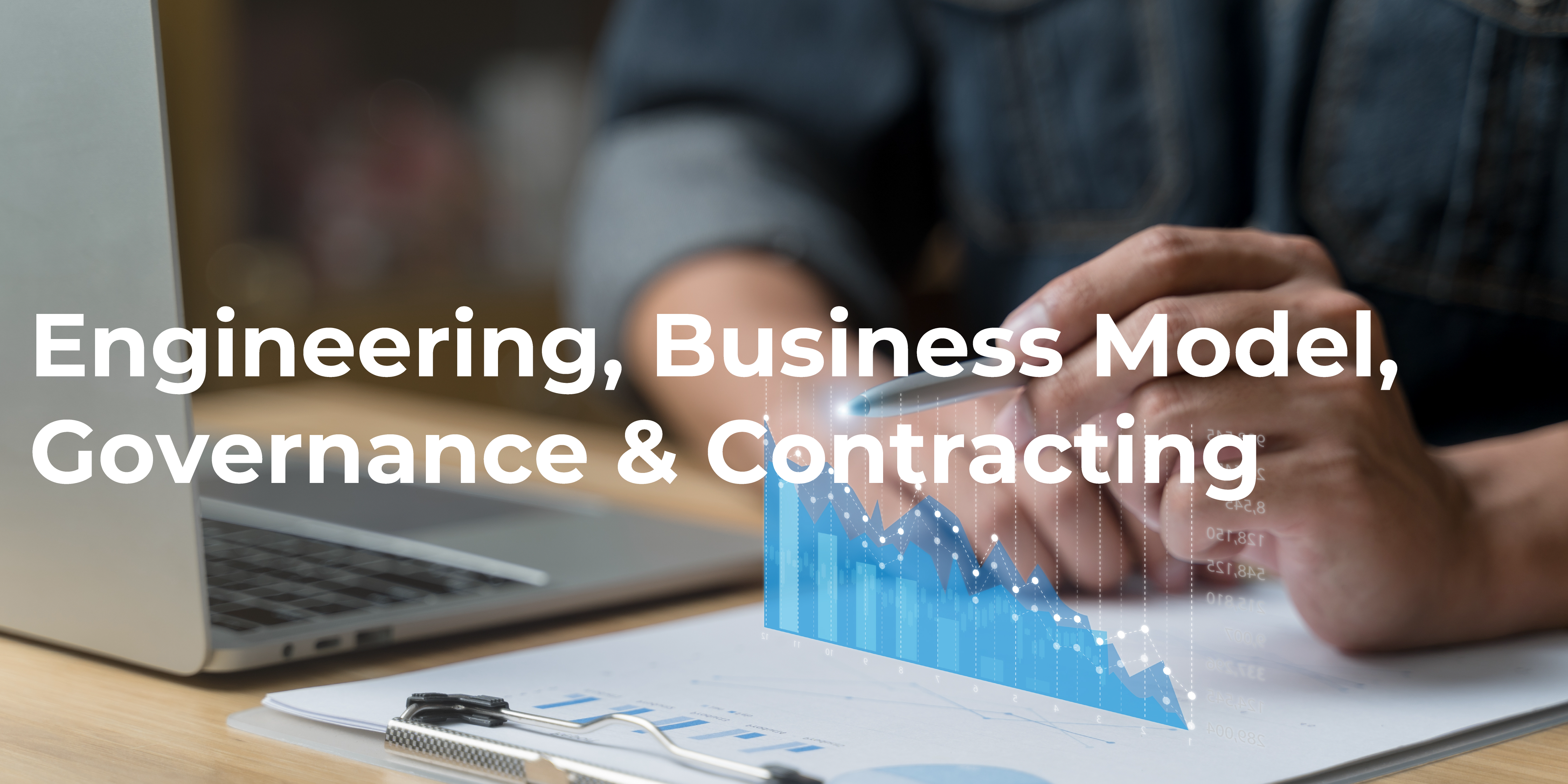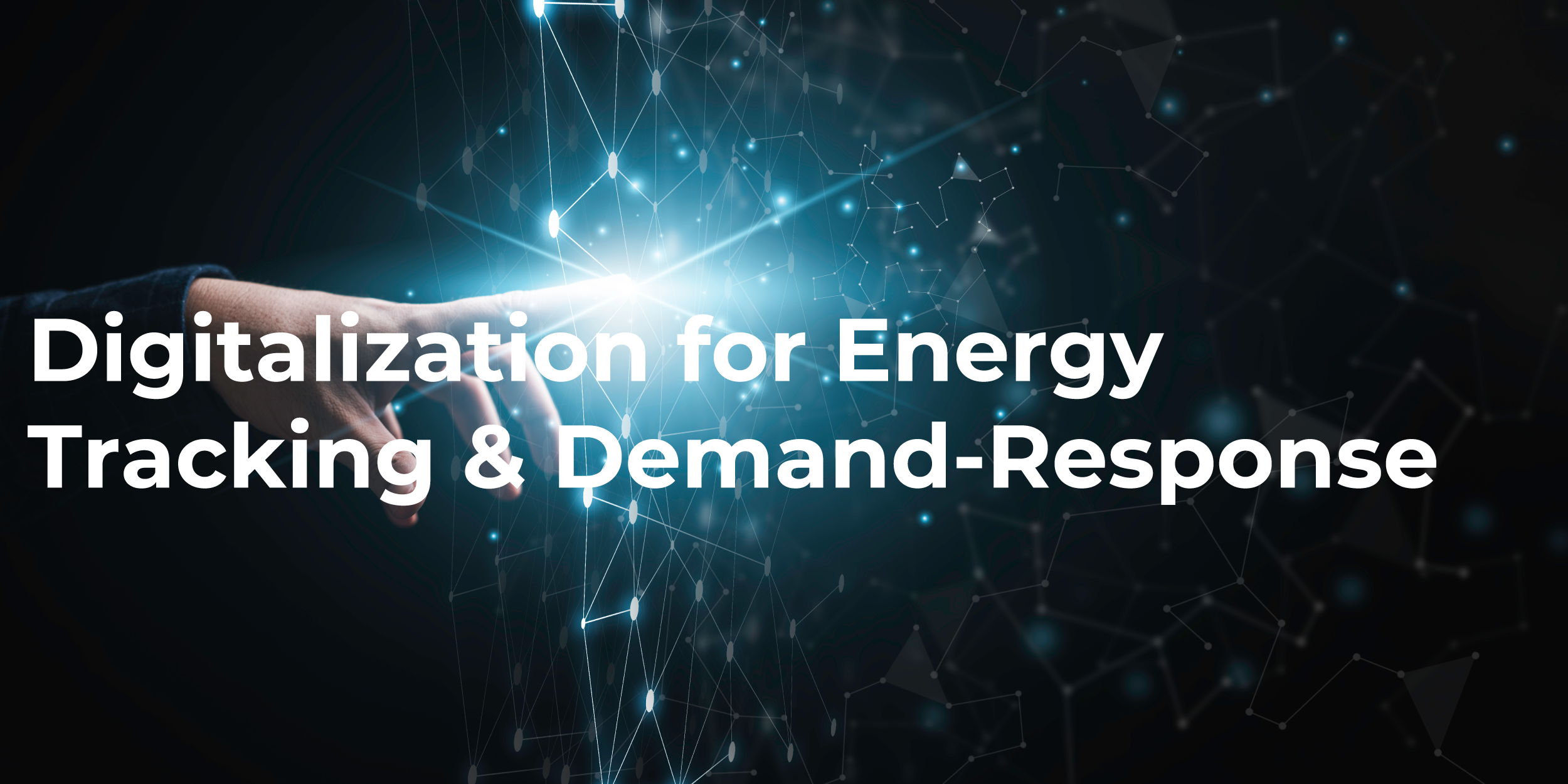
The EnerCmed Knowledge Sharing Platform is the central knowledge and support hub of the EnerCmed project. It brings together a transnational network of experts to assist pilot cities and stakeholders in designing and implementing Renewable Energy Communities (RECs) and Nature-Based Solutions (NBS) in port-hinterland neighbourhoods.
Through a combination of shared methodologies, technical guidance, co-design tools, and peer learning, the platform provides tailored support for overcoming local challenges, fostering innovation, and ensuring successful replication across the Mediterranean region.
It serves as a collaborative engine to empower cities with the tools, knowledge, and partnerships needed for a just and inclusive energy transition.
Contact EnerCmed Team
Feel free to contact EnerCmed team using the following email address
enercmed@interreg-euro-med.eu
Renewable Energy Systems Planning
RECs: Fundamentals & Policy context
Training module on the fundamentals of Renewable Energy Communities, their legal background, key stakeholders, energy efficiency impact, and nature-based solutions integration
Energy balance in an energy community
The video module on energy balance in an energy community offers insights into the relationship between energy production and consumption. It presents strategies for optimizing self-consumption and reducing dependence on the grid, such as energy storage solutions and demand-side management techniques.
RECs: Technical aspects of PV plant design and installation
Training module on PV systems in Renewable Energy Communities, focusing on optimal panel design, energy balance, storage solutions, and strategies to reduce grid dependency
Terms of Reference for transnational Hinterland Renewable Communities Action Plan for marginalized communities
A replicable Guideline for sustainable urban development across the Mediterranean Basin
Background analysis for the pilot development
This document outlines the four key pillars of analysis that a pilot developer should undertake in order to establish a Renewable Energy Community (REC) and implement Nature-Based Solutions (NBS) in a marginalized urban area
Checklist for the Social Engagement of the Vulnerable Population
A set of questions that a developer of a Renewablw Energy Community (REC) should consider when working with the beneficiaries of the project, in order to make sure that the project is grounded in relatable experiences rather than assumptions
Checklist for Energy Community Constitution
This set of questions is designed to provide a Renewable Energy Community (REC) developer with a roadmap of key aspects to address in order to design an effective and efficient REC.
Tools and Technologies for Resilient Energy Communities
This video session explains the processes behind local energy transition planning and the tools that enable it. It explores how municipalities assess their energy needs, define strategic objectives, and design integrated action plans to reduce emissions, enhance efficiency, and increase the use of renewable sources. The session also illustrates the key digital, financial, and regulatory instruments that support decision-making and facilitate the implementation of local energy transition initiatives. The results presented are based on the findings of the three MED projects: COMPOSE, PRISMI, and LOCAL4GREEN
Checklist for Nature-Based Solutions (NBS) Integration in REC Neighbourhoods
A set of important considerations to keep in mind when integrating a Nature-Based Solution (NBS) into a Renewable Energy Community (REC) or self-consumption scheme
Checklist for Energy Community Technical Design and Digitalization
A set of questions that can help guide the process of establishing an Renewable Energy Community (REC), contributing to compliance with national legislation on building and environmental standards
Engineering, Business Model, Governance & Contracting
Funding opportunities
Training module on funding strategies for Clean Energy Transition Projects in Mediterranean ports, tackling financial barriers for local and regional authorities in renewable energy and poverty mitigation
How to activate funding
Training module on evaluating and activating suitable funding schemes for energy transition projects, focusing on project characteristics, public-private instruments, and financial sustainability strategies
Budgeting for Energy Transition Projects
Training module on budgeting strategies for renewable energy projects, focusing on CAPEX/OPEX balance, investment planning, and financial sustainability of energy communities
Business models for energy projects
The documents outlines the main instruments used for desgning business models for energy-sharing schemes, including Renewable Energy Communities
Financial support for the project
A brief guide to the primary financing tools that support renewable enrgy projects
Sustainable Governance Models
The document sheds light on the five most popular sustainable governance models employed by different actors in the energy sector
Key financial parameters
Energy projects produce multiple benefits for a range of stakeholders. Here is the list of the 3 main direct impacts for investors and 3 primary advantages for participants
Policy Framework for REC and NBS Implementation
This video session delves into the policy and regulatory frameworks governing the establishment of Renewable Energy Communities (RECs) and Nature-based Solutions across Europe. It provides an overview of the key legislative milestones, institutional responsibilities, and harmonization efforts that shape how these systems are organized, implemented, and coordinated at both national and EU levels
Financial Management and Policy Instruments
This video session discusses the management mechanisms that enable energy communities to function effectively, focusing on both actor schemes and supply- and demand-side dynamics. It explores how different stakeholders—such as local authorities, citizens, prosumers, utilities, and technology providers—coordinate their roles within governance and operational structures. The session also examines how energy is collectively produced, shared, and consumed, highlighting the contractual models and financial arrangements. Altogether, it provides a comprehensive overview of the organizational, technical, and economic mechanisms that support the successful operation of energy communities
Social Engagement
Social Engagement and Communication
Training module on social engagement and communication metodology for Clean Energy Transition Projects in Mediterranean ports, it provides the ability to identify the benefits of integrating solar energy into communities across economic, environmental, and social dimensions
Engaging People - Behaviour, Equity and Participation
This video session presents strategies for ensuring social participation throughout the planning and operational phases of energy communities, with a particular focus on engaging vulnerable populations. It explores approaches to foster inclusive decision-making, raise awareness, and facilitate active involvement of all community members. The session also highlights tools, outreach methods, and governance practices that help overcome barriers to participation, ensuring that the benefits of energy communities are equitably shared and that no groups are left behind
Community engagement
How to identify an effective community engagement: 4 pillars to bear in mind
Community Engagement Workshop
Conducting a Community Engagement Workshop could be tricky. The following preparatpry and main activities could help set the right atmosphere and contribute to engaging the participants into a meaningful discussion
Urban Heat Island Phenomena
EnerCmed Training Program: Nature-Based Solutions (NBS) for Renewable Energy Communities
This training module introduces Nature-Based Solutions (NBS) and explains their strategic role in addressing the urban heat island effect while strengthening the sustainability and resilience of Renewable Energy Communities (RECs) in Mediterranean port hinterlands.
EnerCmed Training Program: Designing and Implementing NBS in REC
This training module provides a practical, step-by-step guide for integrating Nature-Based Solutions (NBS) into Renewable Energy Communities (RECs). It focuses on translating strategic concepts into concrete actions that improve climate resilience, energy efficiency, and social inclusion in Mediterranean port hinterlands.
EnerCmed Training Program: Monitoring and Evaluating Nature-Based Solutions (NBS) for REC
This training module introduces the methodologies and analytical tools used to monitor and evaluate the impacts of Nature-Based Solutions (NBS) within Renewable Energy Communities (RECs), with a focus on urban microclimate, thermal comfort, and energy efficiency in Mediterranean port hinterlands.
EnerCmed Academy: Webinar 1 - Engineering the Green Transition
This webinar presents the EnerCmed project’s approach to Nature-Based Solutions (NBS) and integrated planning for the installation of photovoltaic systems and the development of Renewable Energy Communities (RECs) in the project’s pilot cities, through contributions from the University of Cyprus and IRENA.
Digitalization for Energy Tracking & Demand-Response
EnerCmed Training Program: Energy tracking platform overview
Training module on the Energy Tracking Platform for Renewable Energy Communities, explaining monitoring tools, user roles, and data-driven strategies for sustainable energy management






